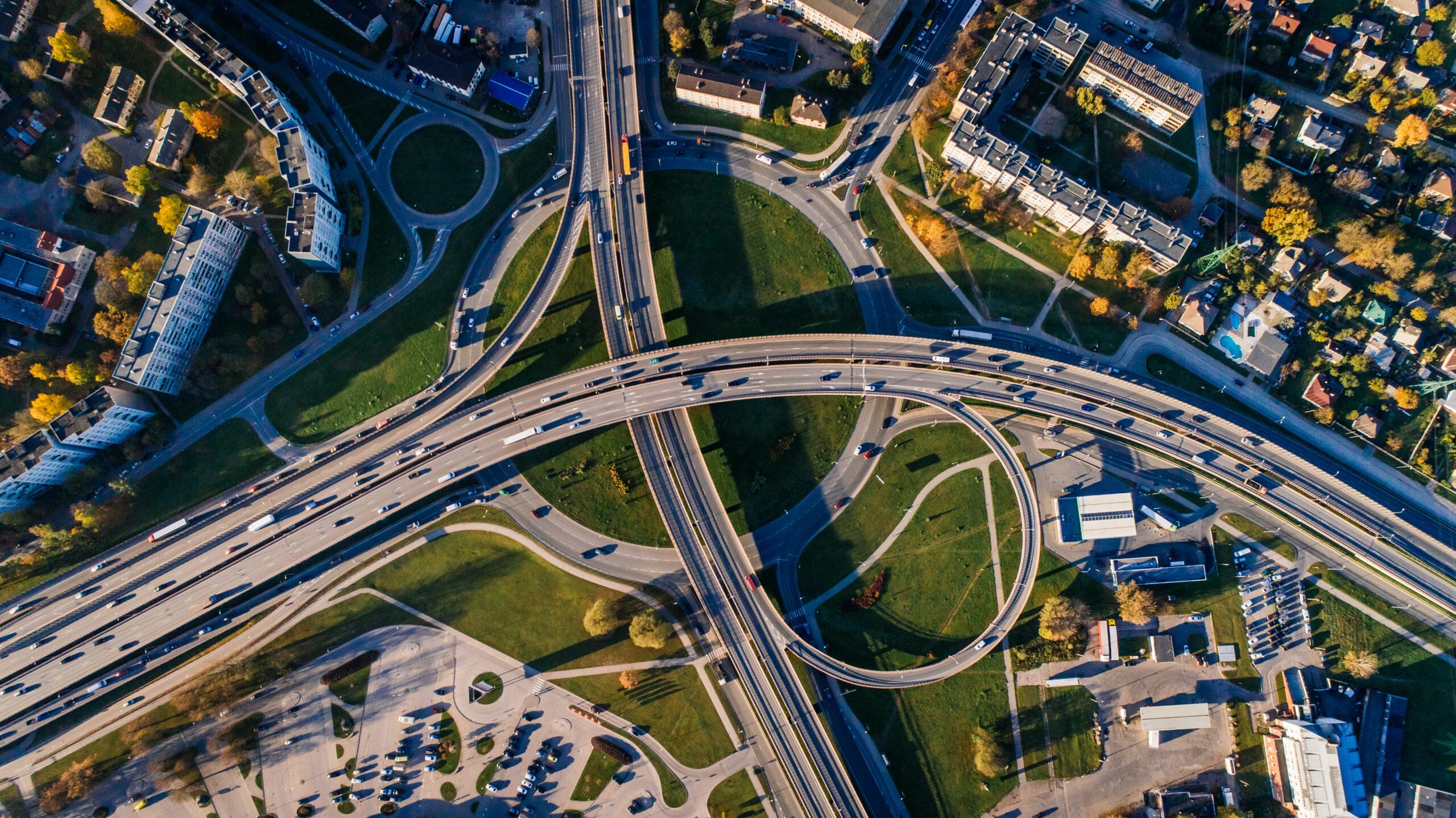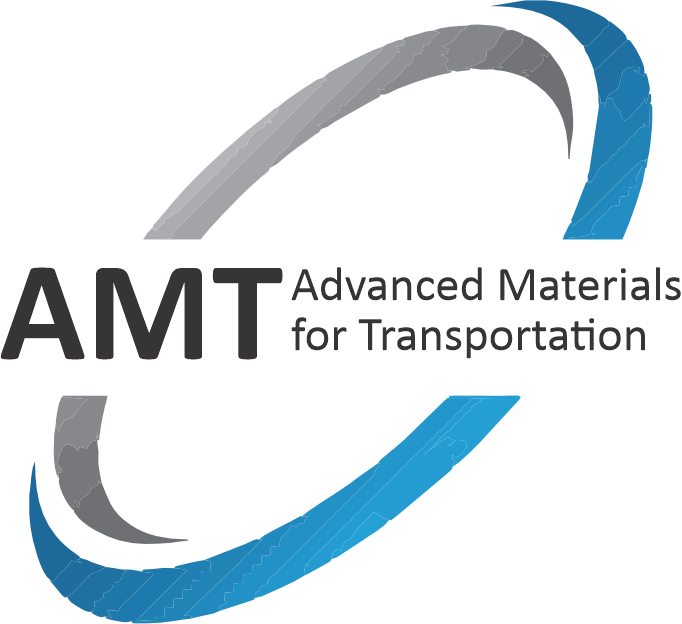-
Research Area Task 4
Status: OpenGreen Chemistry and Sustainable Materials (Lead Country: Germany) Research Area Task 4 explores mechanochemistry, a process using mechanical energy to drive chemical reactions, which present multiple benefits, such as minimal temperature requirements, solvent-free one-pot synthesis, and little waste. Mechanochemistry is more cost-effective and environmentally friendly than typical solvent-based methods, however it struggles with precise synthesis…
-
Research Area Task 3
Status: OpenCarbon Capture and Utilization (Lead Country: Germany) Research Area Task 3 focuses on reducing the cost of electrolyzers while improving their efficiency, encouraged by advancements in hydrogen generation technology and growth in the transportation industry. As electrolyzer production scales up, material costs, particularly for bipolar plates, are expected to decrease. Research in this task is…
-
Research Area Task 2
Status: OpenAdvanced Materials for Hydrogen (Lead Country: Germany) Research Area Task 2 focuses on promoting fossil fuel-free transportation and energy by developing hydrogen embrittlement-resistant materials, hydrogen storage and utilization materials, and catalysts for green hydrogen production. This task has been involved with multiple projects, one researching retained austenite’s impact on hydrogen-related cracks in high-strength steels, and…
-
Research Area Task 1
Status: OpenLife Cycle Greenhouse Gas and Critical Materials Assessment (Lead Country: United States) Research Area Task 1 focuses on Life Cycle Assessment to evaluate the environmental impacts of vehicle lightweighting through material substitution. GREET+, developed by Argonne National Laboratory, is used to assess GHG emissions and the critical material impacts associated with lightweighting vehicles. This task’s…
-
Annex 13
Status: OpenLow Carbon Fuels (Lead Country: Brazil) Annex 13 aims to develop new materials technology to support low-carbon fuel integration during the transition to clean energy. This annex also addresses the lack of data on friction, wear, and degradation of current low-carbon fuels. The research plan includes publishing studies on ethanol and biodiesel, eventually pivoting to…
-
Annex 12
Status: OpenTailored Engineered Surfaces (Lead Country: Austria) Annex 12 works to develop novel 2D materials, notably MXenes, to create environmentally friendly and high-performance lubricants for transportation applications, such as electric vehicles. This annex is also investigating the combination of MXenes with other materials, like MoS2 and ionic liquids, to achieve reduced coefficients of friction, increased carrying…
-
Annex 11
Status: ClosedAutomotive Glazing (Lead Country: Korea) Annex 11 focused on developing lightweight, durable glazing materials in order to improve fuel efficiency and reduce environmental impact. The primary goal was to enhance polycarbonate properties, such as UV resistance and scratch resistance, through protective coatings and new materials like new alloy resins. The task included technical information exchange…
-
Annex 10
Status: ClosedMulti-Material Joining Technology (Lead Country: United States) Annex files:
-
Annex 9
Status: ClosedModel-Based Coating Design in Tribological Systems (Lead Country: Australia)
-
Annex 8
Status: OpenThermoelectric Materials and Thermal Management (Lead Country: United States) Annex 8 focuses on advancing material performance and reliability, with major contributions from China and Australia in thermoelectric research. Key research includes high-efficiency thermoelectric materials, service performance prediction of thermoelectric devices, and TEG applications in electric vehicles, i.e. identifying the difference in fuel economy benefits between…
-
Annex 7
Status: ClosedNanomaterials for Automotive Applications (Lead Country: United States)
-
Annex 6
Status: ClosedLow Cost Carbon Fiber and Composites (Lead Country: United Kingdom)
-
Annex 5
Status: ClosedMagnesium Corrosion Coatings (Lead Country: Canada)
-
Annex 4
Status: ClosedLow Friction Surface Design and Application (Lead Country: United States)


